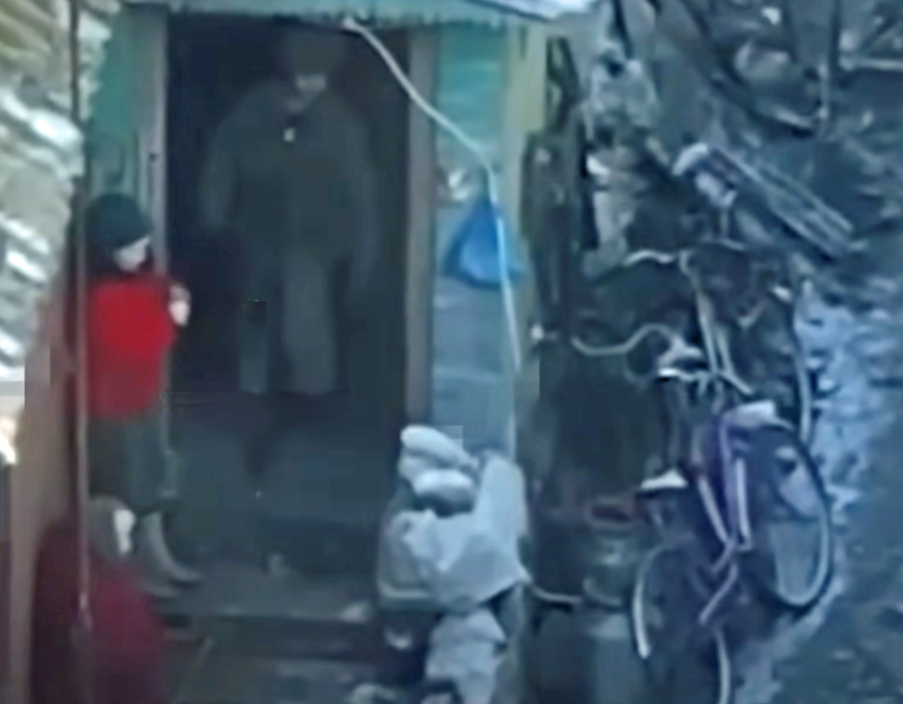Following a U.S. crackdown on parties and individuals aiding Moscow in evading sanctions over the conflict in Ukraine, Turkish lenders Isbank and Denizbank announced that they have stopped using the Russian payment system Mir.
The actions, which were announced independently, followed Washington’s recent expansion of its sanctions to cover the head of the organisation running Mir, which is well-liked by the tens of thousands of Russian tourists who have visited Turkey this year.
JOIN US ON TELEGRAM
Follow our coverage of the war on the @Kyivpost_official.
Two of the five Turkish banks that had been using Mir have suspended operations, in a demonstration of their efforts to stay out of financial problems between the West and Russia.
The U.S. Treasury’s new sanctions caused Isbank’s shares to drop 10% on Monday.
Isbank announced that it has stopped making payments to Mir and is assessing them. Isbank also stated that it was eager to adhere to local, state, federal, and international laws, rules, and business ethics.
This is just one of many sanctions Russia has been subjected to since the beginning of the war. Western countries have targeted Russian financial institutions, businesses, and government enterprises.
At the start of the conflict, sanctions aimed at its oil and gas exports had also been announced. By the end of 2022, the European Union (EU) intends to outlaw all oil imports from Russia that are transported by sea.
The UK will gradually stop importing Russian oil by the end of 2022, while the US has banned all imports of Russian gas and oil. Germany has also suspended plans to start a significant Russian pipeline project.

Kyiv Begins Mass Operation to Seal Borders For Draft Evaders
More than 1,000 Russians have also received sanctions from the US, EU, UK, and other nations. Numerous successful businessmen, or “oligarchs,” who are regarded as having ties to the Kremlin are among them, including Roman Abramovich, the former owner of Chelsea FC.
You can also highlight the text and press Ctrl + Enter






